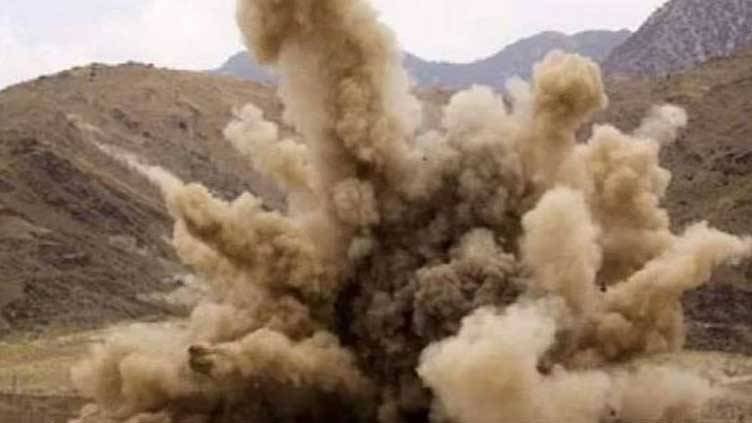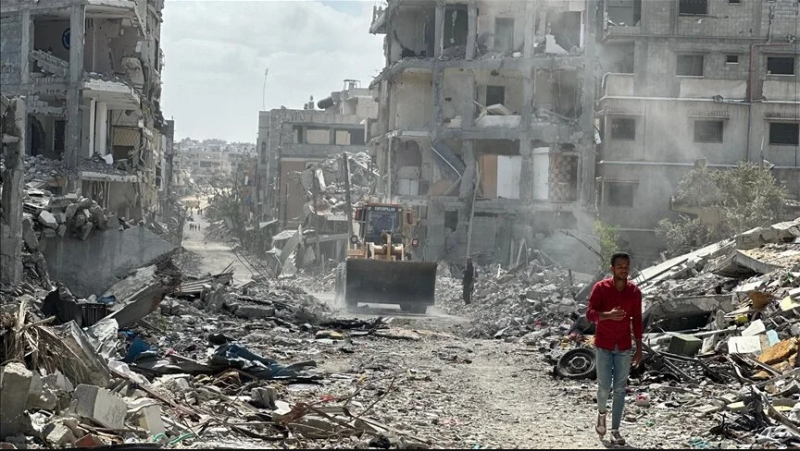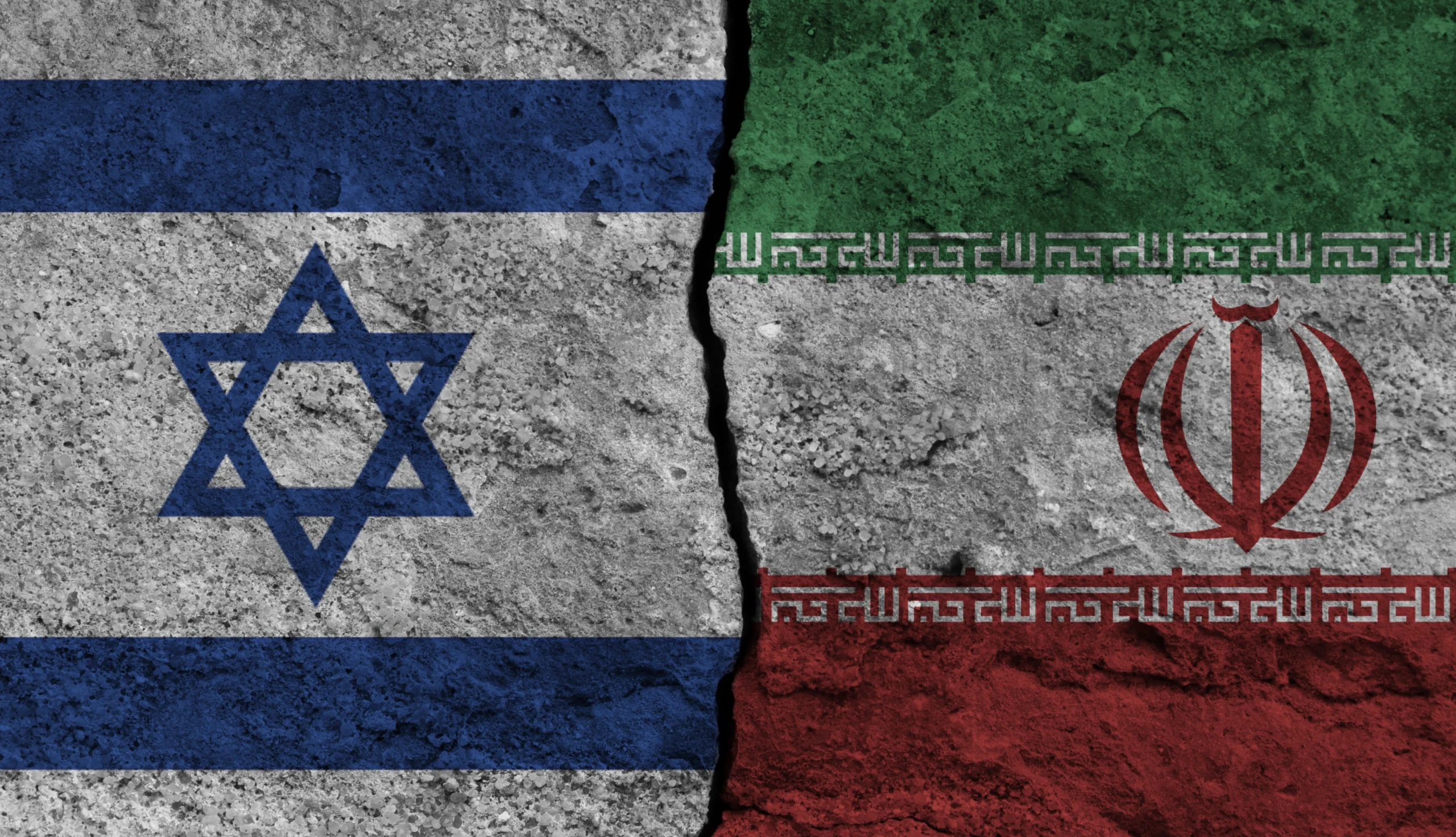Hafiz Mudasir Rizwan
The recent attack on the Jaffar Express by the Balochistan Liberation Army (BLA) is undeniably an act of terrorism. While the BLA has previously targeted railways, including the Jaffar Express, the scale and sophistication of this attack are unprecedented. On Tuesday, militants blew up a railway track, opened fire, and hijacked the Jaffar Express, which was carrying over 400 passengers. By Wednesday night, security forces had successfully neutralized all the attackers and freed the hostages. Tragically, 21 innocent lives were lost before the operation began. This brazen attack raises significant concerns on multiple fronts, as it reflects the increasing strength and capability of the BLA, as well as a concerning rise in the group’s level of support.
Hijacking a train requires meticulous planning, resources, and coordination, all of which the BLA demonstrated in this operation. This indicates that the group has become more organized and potentially receives greater support, especially in terms of recruitment. The BLA has increasingly targeted disenfranchised Baloch youth, many of whom feel abandoned by the state and find themselves drawn to the group’s radical rhetoric. The situation in Balochistan, along with Khyber Pakhtunkhwa, has been dire for years, but the challenges there are distinct. The region is grappling with political alienation, economic exploitation, and human rights violations, with the missing persons crisis deepening resentment and widening the gulf between the people and the state. The uneven distribution of resources and the ongoing political disenfranchisement have only compounded the frustrations that fuel the insurgency.
What’s clear is that the insurgency in Balochistan is not merely a law-and-order issue; it reflects a larger, structural crisis. The state’s neglect, coupled with decades of human rights violations, has left a void where militants, including the BLA, can thrive. There was a time when political engagement helped curb the violence. For example, in 2013, when the Pakistan Muslim League-Nawaz (PML-N) appointed Dr. Abdul Malik Baloch, a prominent nationalist leader, as Balochistan’s chief minister, the insurgency saw a significant reduction. This period demonstrated the potential for dialogue and meaningful political representation in addressing Baloch grievances.
However, over time, nationalist leaders have been sidelined, and political space for reconciliation has shrunk. This has created a vacuum that militant groups like the BLA have eagerly filled. But while the state must address the deep-rooted grievances in Balochistan, no legitimate cause can justify the actions of the BLA. The group’s claim of fighting for ‘freedom’ collapses under the weight of the brutality it inflicts—hostage-taking and civilian executions do nothing but alienate potential supporters and tarnish the legitimacy of the BLA’s cause.
Pl watch the video and subscribe to the YouTube channel of republicpolicy.com
The BLA’s tactics—particularly the targeting of civilians and hostage-taking—further harm the cause they claim to champion. It not only emboldens the state’s security-first approach but also weakens international sympathy for the Baloch cause. This type of violence allows the government to dismiss genuine political demands as part of a broader counterterrorism effort, sidelining peaceful avenues of political engagement. The BLA’s actions push the state into a corner, reinforcing the government’s argument that Balochistan’s issues are best addressed through military and security measures rather than political negotiation.
The reality is that Balochistan’s issues are complex, and a purely military solution will not bring about lasting peace. The state must engage with Baloch nationalists through political dialogue, which has been sorely lacking. While military operations may temporarily curb militant activities, they do little to address the underlying political alienation that fuels the insurgency. For a sustainable peace process to emerge, the state must actively include genuine Baloch leaders in the conversation, ensuring that those without grassroots support are not the sole interlocutors in such negotiations.
Moreover, while Balochistan has indeed been exploited and marginalized by the center, targeting working-class individuals—such as those on the Jaffar Express—does not advance the Baloch cause. Instead, it brings about more reprisals and suffering for the very people the BLA purports to defend. The BLA’s actions not only undermine its own cause but also alienate potential allies within Balochistan who are seeking peaceful solutions to their grievances. The BLA should not be allowed to represent the entire Baloch population, especially when their actions do more harm than good.
A shift in policy is urgently needed from both sides. The Pakistani state must address the longstanding grievances of the Baloch people, particularly through political engagement and reforms that can bring true representation and justice. In parallel, Baloch nationalist groups, activists, and the diaspora must reject violent tactics, recognizing that these strategies harm their people and undermine their cause.
The cycle of violence between the state and insurgent groups has lasted too long, and it’s time for both sides to seek alternatives. The state cannot continue to rely on repression, and insurgent groups cannot continue to respond with bloodshed. For the sake of the Baloch people and the stability of the entire region, this cycle must end. True peace can only come through dialogue, understanding, and meaningful reforms that address the deep-seated issues of political alienation, economic exploitation, and human rights abuses in Balochistan. It’s time for both the government and the BLA to rethink their approaches and put the welfare of the Baloch people above all else.
















